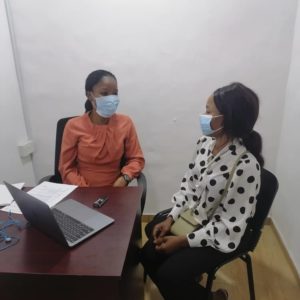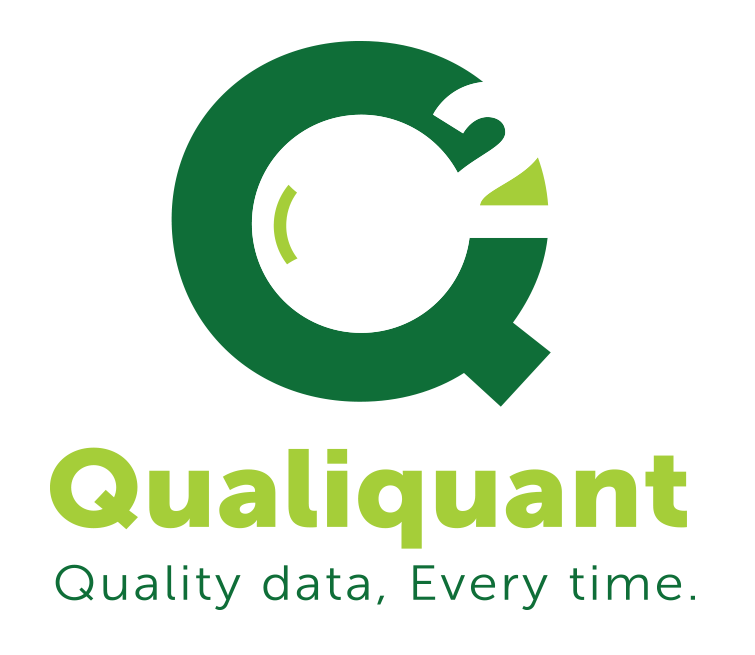

Over the past months, the COVID-19 pandemic has resulted in the transformation and also the disruption in the way social research and data collection across the globe is being conducted.
There have been unique challenges faced during the COVID-19 era ranging from health to social challenges, hence it is important to think of how we will conduct research in this unique circumstance. To this effect, Qualiquant services have adopted internationally recognized guidelines to cater to the aforementioned challenges. From a methodological standpoint, we endorsed significant measures to ensure that quality (quantitative and qualitative) data during this period is achieved. These measures include:
- Ensuring socially distanced focus group discussion (FGD) with fewer participants per session.
- Mandatory use of masks and a hand sanitizer before and after each session.
- The use of computer-assisted personal interview (CAPI) (CAPI is a survey data collection by an in-person interviewer who uses a computer to administer the questionnaire to the respondent and captures the answers onto the computer) via Zoom and other VoIP software, rather than the conventional face to face interview, which is done in a safe and effective manner. Recently, Qualiquant conducted an agricultural study for a client, which under pre-COVID circumstances, would have been done face-to-face.
- The use of computer-assisted telephone interview (CATI) (CATI is a surveying technique in which a computer replaces the paper questionnaire on a telephone interviewer’s desk during an interview when possible.) For example, Qualiquant conducted a baseline survey for a client over the telephone which would have otherwise been conducted in-person absent the onset of COVID-19.
In conclusion, although COVID-19 has brought these difficulties to conducting research, we at Qualiquant have found effective ways to surmount these challenges to provide quality research and data collection in line with our vision statement: “To be a direct response to data quality needs for innovative research insights in Africa and across the globe”.
